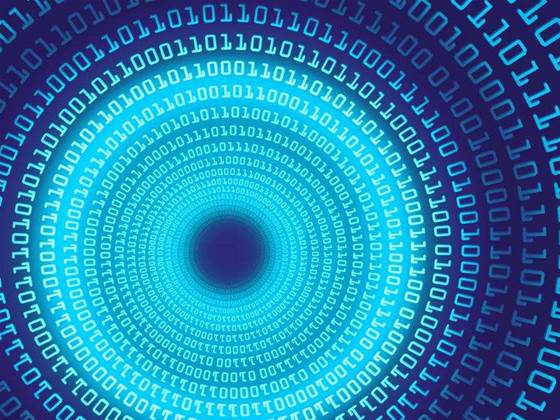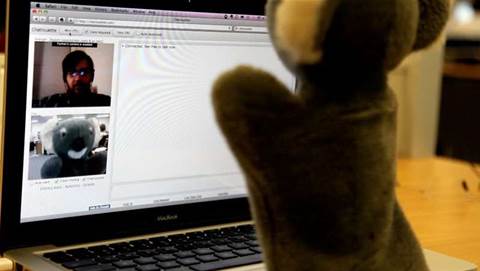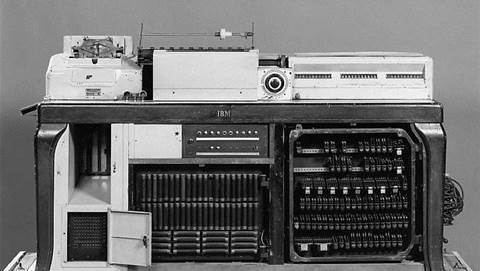An international team of physicists has won a US military grant for building firmware to address potential errors in large-scale quantum computers of the future.

The researchers were using a method called dynamical error suppression to reduce the loss of quantum information to environmental noise.
Quantum information loss, or 'decoherence', has been a roadblock in the development of quantum computers that could solve problems far more efficiently than classical computers of today.
Primary investigator Michael J. Biercuk explained that quantum bits (qubits) were particularly susceptible to being corrupted by fluctuations in the environment.
Because they processed information by manipulating qubits, quantum computers were more complex than quantum key distribution networks that used qubits to distribute strings of code.
Decoherence could not be addressed by conventional error-correction techniques, since qubits could not be progressively measured or copied due to the laws of quantum mechanics.
"There are many open questions in the field. No one has built a large-scale quantum computer," said Biercuk, a researcher at the University of Sydney.
"The allowable error rates at a hardware level are very small. You need to have 99.99 percent to 99.9999 percent probability of being in the correct state," he said.
Dynamical error suppression was a non-feedback controller that applied a prescribed sequence of control operations to a qubit to reverse any random changes in its state.
Biercuk highlighted open-loop air-conditioners as another example of non-feedback controllers that would periodically start and stop cooling without measuring the temperature of the room.
"Amazingly, this technique works without requiring any knowledge of what information is encoded in the qubit, or whether environmental noise has disturbed the qubit at all," he said.
"The net result is that at the end of the sequence, any random changes in the qubit state are reversed, and the likelihood of a logical error is reduced."
The project was titled Precision Quantum Control and Error-Suppressing Quantum Firmware for Robust Quantum Computing, and also involved Dartmouth College physicist Lorenza Viola and Harvard University professor Amir Yacoby.
It was this month awarded a three-year, $US1.6m ($1.8m) grant from the US National Security Agency (NSA) and Army Research Office.
Biercuk said quantum computers were of interest to the NSA because of their potential to quickly perform integer factorisation calculations that could render current RSA cryptography obsolete.
The technology could also have commercial applications in areas like facial recognition and image processing. Research efforts were also underway at IBM.
"The kind of quantum computer that we think about when we talk about a factoring engine is likely 30 to 50 years away, but it's such a big deal that people are trying to get there rapidly," he said.
"The truth is, we only have a couple ideas about what quantum computing is really good for - one of them is factorisation. The other is unstructured search: the idea that you have a large database and want to find a target solution but don't know how this database is structured."
Biercuk, who was educated in the US, said his move to the University of Sydney this year was "a vote of confidence in what [research and development] goes on in Australia".
"The nation has a very strong and long history of contributing to the field," he said. "The Australian Government has not only invested a lot in the field; they've invested consistently in the field."




.png&h=140&w=231&c=1&s=0)
_(33).jpg&h=140&w=231&c=1&s=0)





 iTnews Benchmark Awards 2026
iTnews Benchmark Awards 2026
 iTnews Executive Retreat - Security Leaders Edition
iTnews Executive Retreat - Security Leaders Edition
 iTnews Cloud Covered Breakfast Summit
iTnews Cloud Covered Breakfast Summit
 The 2026 iAwards
The 2026 iAwards











_(1).jpg&h=140&w=231&c=1&s=0)



